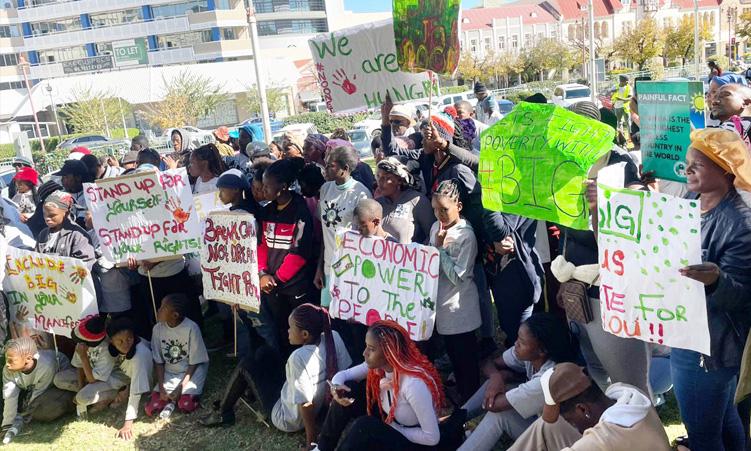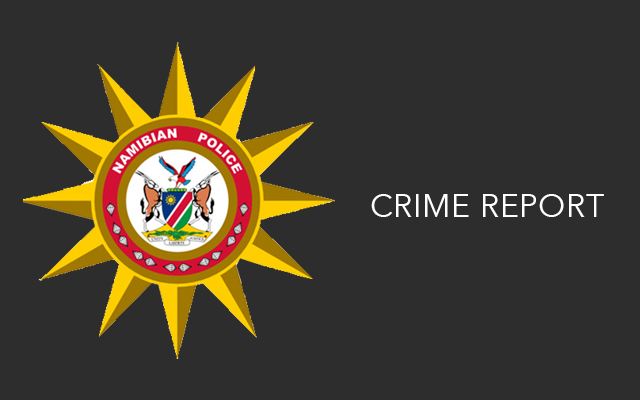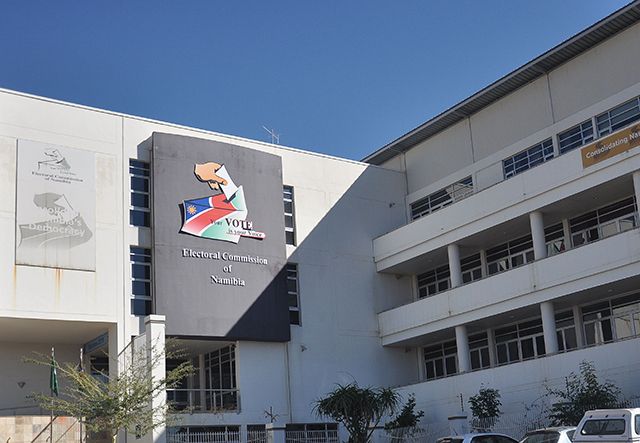Private media in the country has been put on the spotlight for under-reporting issues on gender issues.
In the same vein, political parties in the country lack a clear media engagement plan, making it difficult for the local media to extensively cover their election plans, a latest report shows.
Media Ombudsman John Nakuta yesterday in Windhoek revealed these findings while presenting a report on an ongoing media monitoring project on the upcoming elections conducted from 20 June to 20 July. Part of the report includes monitoring gender and women equality. The report reveals that state media was taking the lead in terms of gender coverage.
“Private media must come on board on gender issues. It is almost as if private media does not see the issue of gender. What we can see is that state media are doing more in this regard,” Nekuta said.
Namibian Sun editor Toivo Ndjebela yesterday urged institutions driving gender initiatives to work together and do more to create awareness and sensitise the public on gender-related issues.
“We do not invent news as journalists, there has to be an event for us to cover.
“Implore the gender unit in the Namibian Police, the parliamentary committee on gender and other organisations to collaborate with the media and fight together,” he said.
“There has been a lot of coverage around the lesbian, gay, bisexual, transgender, queer, intersex and more communities, however, a lot can still be done,” Ndjebela said.
Meanwhile, the report indicates that more coverage was given to Swapo, with 860 statements written, representing 41%.
The report also shows that state-owned media houses have covered Swapo more compared to other parties.
The Namibia Economic Freedom Fighters (NEFF) received 277 statements.
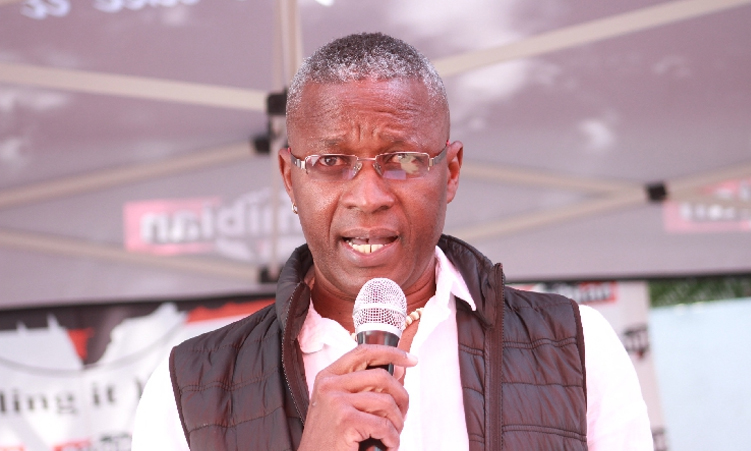
Nakuta said political parties have no strategies in place to allow the media to report on events and issues.
“It’s challenging to identify party agendas, as media reporting is often crisis-driven and reactive, rather than proactive and analytical,” he said.
“In our view, the NEFF’s second-highest reporting rate during the repeal period wasn’t due to a strong message, but rather the internal issues within the party that drew media attention,” he said.
The NEFF was deregistered by the Electoral Commission of Namibia (ECN) in June which drove a lot of media attention.
Nakuta said this raises concerns about the Electoral Act’s provision, requiring the ECN to ensure equitable access to state-owned media.
Political analyst Henning Melber says parties tend to blame the media for reporting in a way they find misleading.
“The media mainly has to rely on statements by individuals made during rallies or other campaign events,” he says.
He says political parties rarely offer coherent policy views in press releases.
“As long as parties express their views through ad hoc individual political comments, they should not complain about the media but do their homework and offer the factual supply of information,” says Melber.
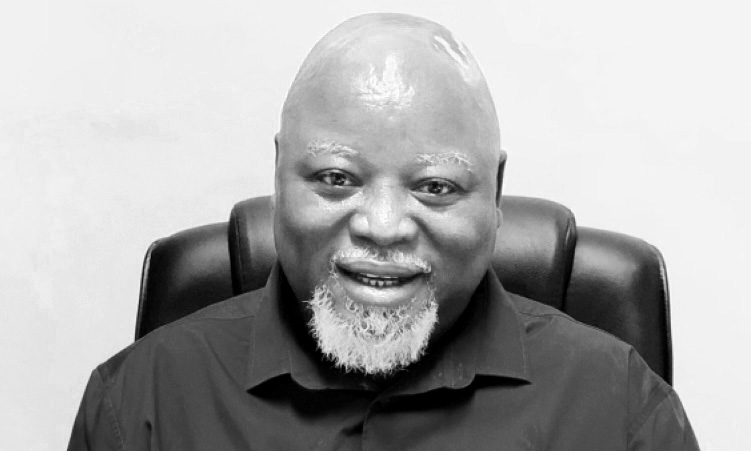
Meanwhile, political analyst Ndumba Kamwanyah agrees with Nakuta’s observation.
“Instead of proactively setting the agenda and guiding public discourse, these parties leave room for the media to fill in the gaps, often reacting to events rather than presenting a coherent platform,” he says.
According to Kamwanya, if media coverage is driven more by immediate events rather than by substantive issues, it can create a skewed view of the political landscape
“For example, parties that are more adept at generating newsworthy events might receive more coverage, regardless of the depth or viability of their policies,” he says.
Swanu secretary general Wendy Christian says most political parties do not have access to enough resources to pack their activities.
“You will not find a party like Swanu having rallies and road campaigns each and every weekend. We try to invite the media to events where we address pertinent issues and we know we will have an audience from the media,” she says.
Christian says the party will write to media houses to enquire how the media can assist the party’s message in getting through to the public.
“Media coverage can never be enough, especially this time of the elections. It just requires all of us to work together, and allow the same coverage for all,” she says.
Independent Patriots for Change national spokesperson Imms Nashinge says parties do not know what the media wants to report on.
“It is very difficult for us to come up with a media strategy because you are not our responsibility,” he says.
Journalism lecturer Wanja Njuguna says the media can easily talk to political parties through manifestos.
“Party manifestos should have been released much earlier, ideally by January, to clearly outline their agendas,” she says.
Njuguna says if manifestos had been released earlier, it would have allowed the media to read through them and engage with political parties.
Stay informed with The Namibian – your source for credible journalism. Get in-depth reporting and opinions for
only N$85 a month. Invest in journalism, invest in democracy –
Subscribe Now!



